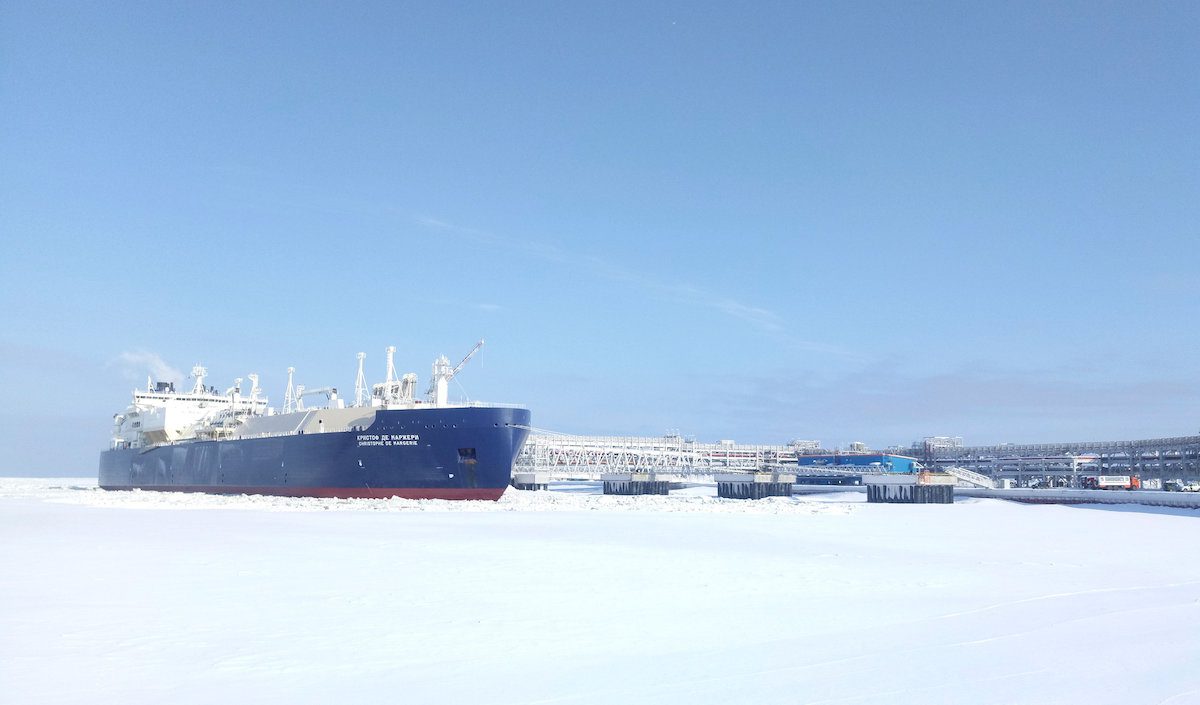Modeling the dynamic movements of bridges, buildings or bicycles is a pretty straight-forward task for today’s engineers using readily available computing systems, however for naval architects, the interaction between a vessel’s hull and the air it moves through vastly complicates such dynamic calculations.
Since 1883, model basins have been used to test the hydrodynamic responses of vessels at sea, however scaling a ship down in size and towing it through a wave pattern does not exactly translate into reality when a ship is actually built.
For one, linear flow (vice turbulent) occurs over a much larger area on a ship model than in real life resulting in a lower resistance number when tested. In addition, when a ship is scaled down in size, the density of the water in the model basin does not scale with it which greatly affects the boundary layer interaction between the vessel and the liquid it is floating in.
Considering the limitations of scale models, and the many factors that come into play with the fluid dynamics of a vessel at sea, very powerful computers are needed to splice this information together into a solution that accurately explains how a ship will react before it is actually built.
To support their clients in the maritime and offshore sector, the Maritime Research Institute Netherlands (MARIN) announced this week a formal investment of 2 million Euros in a Bull computer cluster consisting of 4000 computational cores that they will use to run their own computational fluid dynamics (CFD) code called ReFRESCO.
MARIN notes that the ReFRESCO code does not replace other commercially-available CFD code, yet it provides validation of such code when used for maritime applications. Access to the code will be enabled through a partnership agreement and allow CFD specialists to work together on the development and application of CFD in the maritime and offshore sectors, according to MARIN’s President Bas Buchner.
Should their clients need a bit more horsepower in their calculations, MARIN’s new supercomputer will be available in early 2015.
“Through this co-operation the CFD specialists of our clients also become part of a larger community of maritime CFD specialists at MARIN and other companies,” commented Buchner.

 Join The Club
Join The Club











